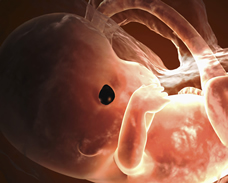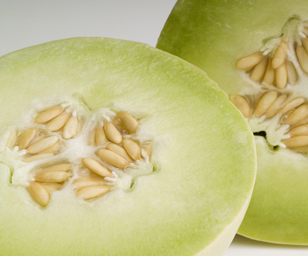First trimester weeks
Congrats! During the first trimester, you’re getting used to the idea of being pregnant.
Second trimester weeks
As you enter this second trimester, your body will settle down to pregnancy.
Third trimester weeks
You've reached the third and final trimester and will be heavily pregnant by now.

